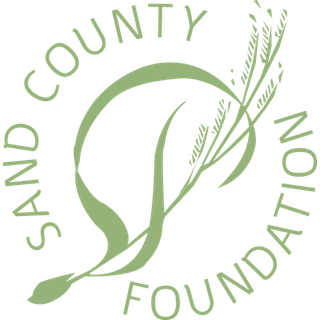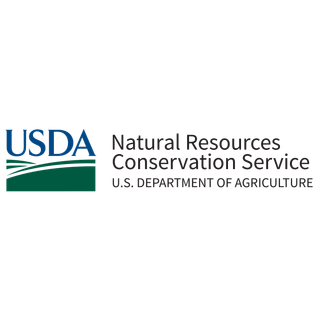Lake Family Farms
Jeff Lake is sentimental about conservation.
He wants to preserve his “childhood luxury” of clean water to drink, swim and fish in. He’s a self-described borrower: Borrowing Mother Nature’s resources to make a living as a fifth-generation farmer, and borrowing his ancestors’ land in hopes his children will farm it someday.
Lake Family Farm was a dairy farm until Jeff’s father retired in 1999. Jeff and Kelley Lake and children, April and Jake, grow corn, soybeans and alfalfa to feed a small herd of beef cattle. By embracing innovative management and conservation practices, they are improving their soil’s health, protecting water quality, and creating wildlife habitat, while bolstering the farm’s bottom line.
Jeff’s eyes were opened to modern land stewardship strategies at a local farmer-led watershed committee meeting. Farm biologists were promoting a software that identifies a farm’s unprofitable and environmentally-sensitive areas, and helps guide decisions on alternative uses that can prevent erosion and cut costs. It made him look at his land differently.
Precision technology helps make each of his 1,500 acres the best it can be. Variable-rate planting and spraying have cut his seed and fertilizer costs. In addition to perennial borders that surround his fields, unprofitable areas now provide habitat for deer, pheasants, turkey, insect pollinators and Monarch butterflies. These efforts earned him the first Precision Ag Farmer of the Year Award presented at the National Pheasant and Quail Classic in 2018.
Lake has worked with conservation agencies to care for his farmland by installing buffer strips and adopting a no-till system.
He planted a diverse mix of cover crops on sandy soils that were prone to surface runoff and leaching. The ground cover maintains topsoil by preventing erosion from rain and wind. Cover crops also increase the soil’s organic matter and capture leached nitrates before reaching ground water.
To improve water quality, especially in the nearby Hay River, Lake takes soil samples to ensure his limited use of fertilizer is appropriate. It’s a strategy that is productive, profitable and environmentally responsible.
Lake lists the education of others as the most important conservation practice that he undertakes. He opens his farm to research by agencies and college students. The University of Wisconsin-River Falls has researched the nitrogen efficiency of his corn, and the UW Discovery Farms project has researched surface water phosphate levels. He has hosted events for his local farmer-led watershed committee to help the general public understand what farmers are doing to ensure safe food and a healthy environment.













